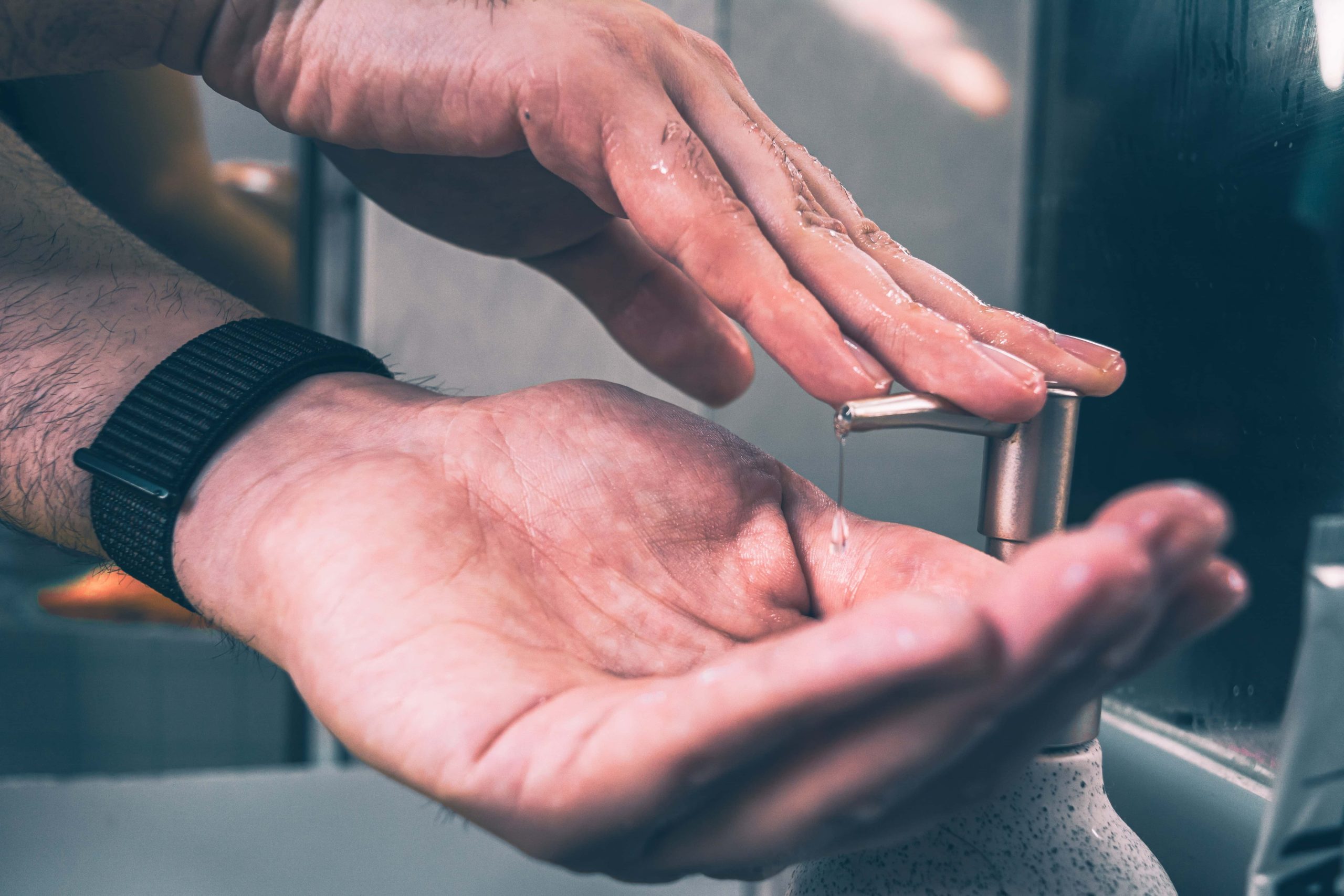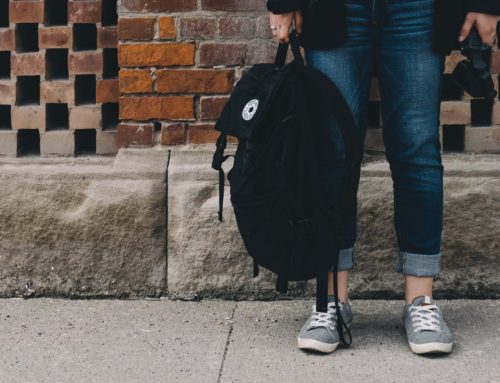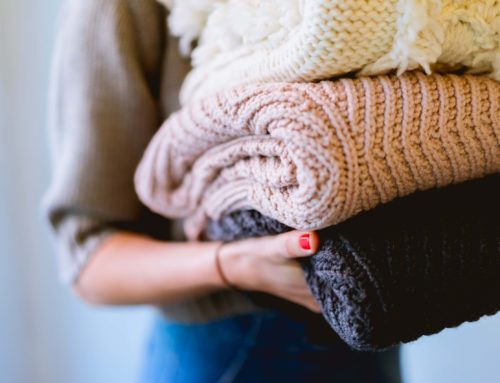 With the spread of COVID-19 (coronavirus), it is vitally important that you wash your hands. However, when should you clean them? There are certain times you should always wash your hands, and there is a certain way you need to be doing it, too.
With the spread of COVID-19 (coronavirus), it is vitally important that you wash your hands. However, when should you clean them? There are certain times you should always wash your hands, and there is a certain way you need to be doing it, too.
Crystal Cleaning Services knows that to reduce the spread of COVID-19, you must wash your hands regularly.
Reduce the Spread of COVID-19
While many people choose to stay in their homes to stop the spread of COVID-19, others such as essential workers have to stay on the job to help the general public. These include truck drivers, grocery store clerks and managers, hospital staff such as doctors and nurses, police officers, firefighters, EMTs, and other related necessary operators. Unfortunately, these people are at a higher risk of contracting the virus due to exposure.
If we venture out of our homes, it is a necessity that we wash our hands to help reduce the spread of COVID-19.
Wash Your Hands Because…
Hand-washing is an easy way to prevent infection. However, it’s essential to know when to wash your hands and how to do it because it’s ineffective if it’s not executed correctly. We will also explain how to use hand sanitizer properly. Lastly, it’s vital to get your children into the habit of washing their hands. We will help you teach them an easy way to remember what to do.
Frequent hand-washing is a sure-fire way to prevent getting sick and spreading illness.
Wash your Hands When…
Throughout the day, as you touch people, surfaces, and objects—primarily your cell phone—you collect germs on your hands. You can contaminate yourself with these germs when you feel your eyes, nose, or mouth. You could also spread the germs to other people. Although it’s virtually impossible to keep your hands 100% germ-free, frequently washing your hands can help limit the transfer of bacteria, viruses, and other microbes to yourself and others.
Always wash your hands before:
- Preparing food or eating
- Treating wounds
- Caring for a sick person
- Inserting or removing contact lenses
Always wash your hands after:
- Preparing food
- Using the toilet
- Changing a diaper
- Cleaning up a child who has used the toilet
- Touching an animal, animal feed, or animal waste
- Blowing your nose, coughing, or sneezing
- Treating wounds
- Caring for a sick person
- Handling garbage
- Handling pet food or pet treats
- Pumping gas (or use a glove)
- Playing outside
Also, please wash your hands when they are visibly dirty.
Now, Wash your Hands
It’s usually best to wash your hands with soap and water. Over-the-counter antibacterial soaps are no more effective at killing germs than regular soap.
Follow these steps to prevent the spread of COVID-19:
- Wet your hands with clean, running water — either warm or cold.
- Apply soap and lather well.
- Rub your hands actively for at least 20 seconds. Remember to scrub all surfaces, including the backs of your hands, wrists, between your fingers and under your fingernails.
- Rinse well.
- Dry your hands with a clean towel or air-dry them.
Alcohol-Based Hand Sanitizer
Using an alcohol-based hand sanitizer is an acceptable alternative when soap and water aren’t available. The hand sanitizer product must have at least 60% alcohol to be effective. Follow these steps to help stop the spread of COVID-19:
- Check the label to find out the appropriate amount and then apply the gel product to the palm of one hand.
- Rub your hands together.
- Rub the gel over all the surfaces of your hands and fingers until your hands are dry.
Kids Need Clean Hands, Too!
Some studies suggest that while children can get ill from COVID-19, in most cases, they are asymptomatic carriers. Therefore, they must also wash their hands to prevent spreading the virus.
Children learn best by example. Show your child how to wash his or her hands. To prevent your child from rushing through the process, suggest washing hands for as long as it takes to sing the “Happy Birthday” song twice. If your child can’t reach the sink on his or her own, keep a step stool handy.
Be sure to supervise young children using alcohol-based hand sanitizers. Swallowing alcohol-based sanitizers can cause alcohol poisoning. Store the container safely away after use.
A Simple Way to Prevent the Spread of COVID-19
According to the CDC, clean hands save lives. Do not take this simple everyday activity lightly. If we all follow these simple rules, we can significantly lower the curve and keep people safe!





